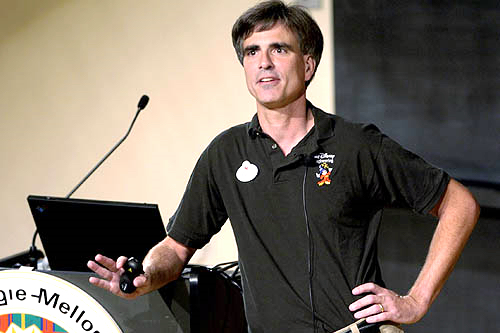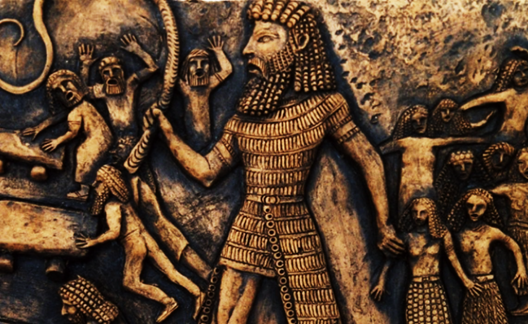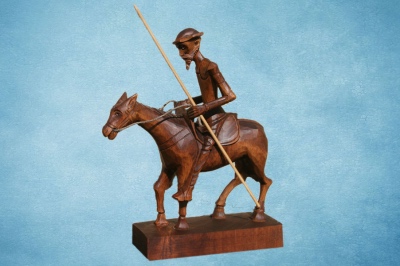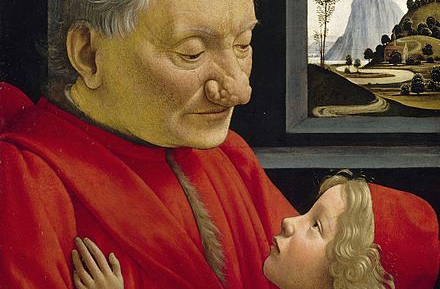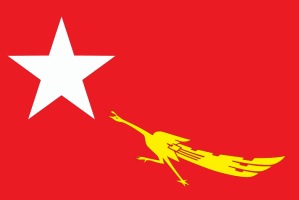It's More Than Mere Monkey Business
Ginger, my Irish Setter, will be eight years old in a couple of months. Another couple of months later, I’ll turn 82. We are lucky to have lived as long as we have. We both have led death on our dance floors of life twice. It fascinates me that when Ginger is really ill, which happens all too often, I quietly assure her that I’ll be with her and take care of her. It is a given in our relationship. Ginger seems to accept that she’ll get over her medical problem and return to days of happy hyperactivity. That is the backstory.
I came across an item in the news about a new video game, which became the fastest-selling video game of all time. I was never into video games, but 18 million are. They purchased Black Myth: Wukong in the first two weeks after its release. I looked up the Black Myth: Wukong. The video game is loosely based on the 16th-century Chinese novel Journey to the West, about the Monkey King.
The Journey to the West storyline is about a Buddhist monk who began a 10,000-mile trek, which took 16 years into India to locate a holy text. This is a painting of the determined monk.

The Monkey King was a Rhesus macaque. Interestingly, Rhesus monkeys have been utilized in vaccine shots for rabies, smallpox, polio, HIV/AIDS, and COVID-19.
The story of the Monkey King is about a genuinely nice monkey filled with kindness and caring. The monkey was picking fruit from a tale tree when he saw a hunter in the woods who needed help. Hearing the anguish in the hunter’s voice, the monkey thought, “I made a vow to be a Buddha to assist all sentient beings, if I do not save him immediately, he may die of starvation.”
That motivation resulted in the Monkey King rescuing the hunter. After telling the hunter how to return to the village that he came from, the monkey added this one-liner. “I hope you will change your career of killing animals once you leave here.”
Tragically, the hunter was concerned about himself and thought, “I am weak and starving to death. I should just kill this monkey to feed myself.” So, the hunter took a rock and hit the head of the monkey. The monkey was dazed for a moment. However, he thought, “Today, I cannot help him change his evil ways. Hopefully, he will have the opportunity to meet the Buddha or a bodhisattva one day so he can learn to practice Buddhism. I hope he will never generate such evil thoughts in all his future lives.”

The Monkey King’s response to the hunter is a template or parable to the reader. Don’t return evil for evil; you will only continue that circle of anger.
Interestingly, I was faced with someone acting like the hunter in the story of the Monkey King. I could have vented my displeasure to the person. That would have only worsened the problem. Instead, I decided to write to the head of the organization. In fact, it was a present-day parable. It wasn’t an angry response, but I hoped the organization would have their staff function honestly. This person might act more appropriately the next time than she did with me.
One final thought. It fascinates me that the Monkey King is a Buddhist parable.
In Theravada Buddhism, there are spiritual entities that are called nats. They look like real humans, but they aren’t. The most important of these spirits is Bo Bo Gyi. This avatar did many things, but the most important was caring for children. Bo Bo Gyi and the Monkey King are teachers, and we should follow in their footsteps.












